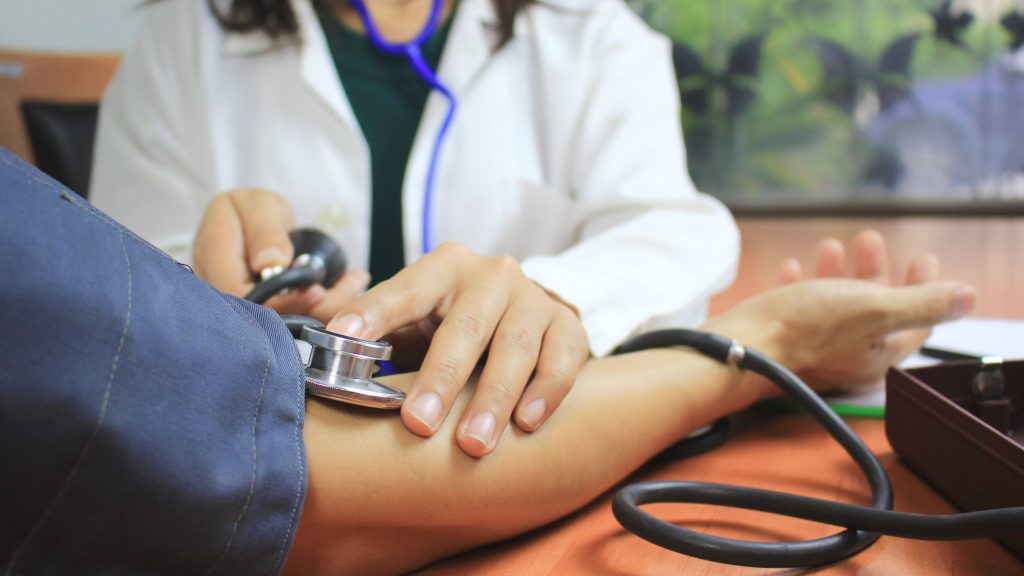-
COVID-19 and high blood pressure: Am I at risk?

I have high blood pressure. What should I do to lower my risk of getting seriously ill with COVID-19?
Answer: High blood pressure is a serious condition. Left untreated, it can lead to many other health issues. Health risks linked to high blood pressure include heart disease, stroke and dementia.
Some studies suggest that people with high blood pressure are more at risk of getting seriously ill with and dying of coronavirus disease 2019 (COVID-19). But some experts say that the people with high blood pressure who've gotten the sickest with COVID-19 were older and had other medical conditions, too. Diabetes, obesity and serious heart issues are examples. Research into the link between high blood pressure and COVID-19 is ongoing. However, people with untreated high blood pressure seem to be more at risk of complications from COVID-19 than those whose high blood pressure is managed with medication.
If you have high blood pressure, the most important step you can take is to manage it. Follow the treatment plan you've created with your doctor. Protecting yourself against the serious health issues that high blood pressure can cause is especially important with COVID-19.
Medication and lifestyle changes offer a powerful combination for preventing or reducing the health issues high blood pressure can cause.
Here's a reminder of the lifestyle choices that can help control high blood pressure:
- Choose heart-healthy foods. Consider the Dietary Approaches to Stop Hypertension (DASH) diet, which focuses on fruits, vegetables, whole grains, poultry, fish and low-fat dairy foods.
- Decrease the salt in your diet. Aim to limit sodium to less than 2,300 milligrams (mg) a day or less. However, a lower sodium intake — 1,500 mg a day or less — is ideal for most adults.
- Lose weight. Losing even a little weight can reduce your blood pressure.
- Get active. Regular exercise lowers blood pressure and helps with stress and weight loss.
- Manage stress. When you're stressed, you may cope in unhealthy ways that can raise your blood pressure. Try managing stress in healthy ways, such as deep breathing and meditation.
- Avoid or limit alcohol. Alcohol can raise blood pressure.
- Quit smoking. Tobacco causes blood pressure to rise and plaque to build up quickly in your arteries.
Lifestyle changes, taking medication, tracking your blood pressure daily — whatever you're doing to manage your blood pressure, stick with it. Don't change anything you're doing without talking to your doctor first. If you take medication to control your blood pressure, make sure to have at least a two-week supply.
This article is written by Mayo Clinic Staff. Find more health and medical information on mayoclinic.org.
Information in this post was accurate at the time of its posting. Due to the fluid nature of the COVID-19 pandemic, scientific understanding along with guidelines and recommendations may have changed since the original publication date.
Check the Centers for Disease Control and Prevention website for additional updates on COVID-19. For more information and all your COVID-19 coverage, go to the Mayo Clinic News Network and mayoclinic.org.







